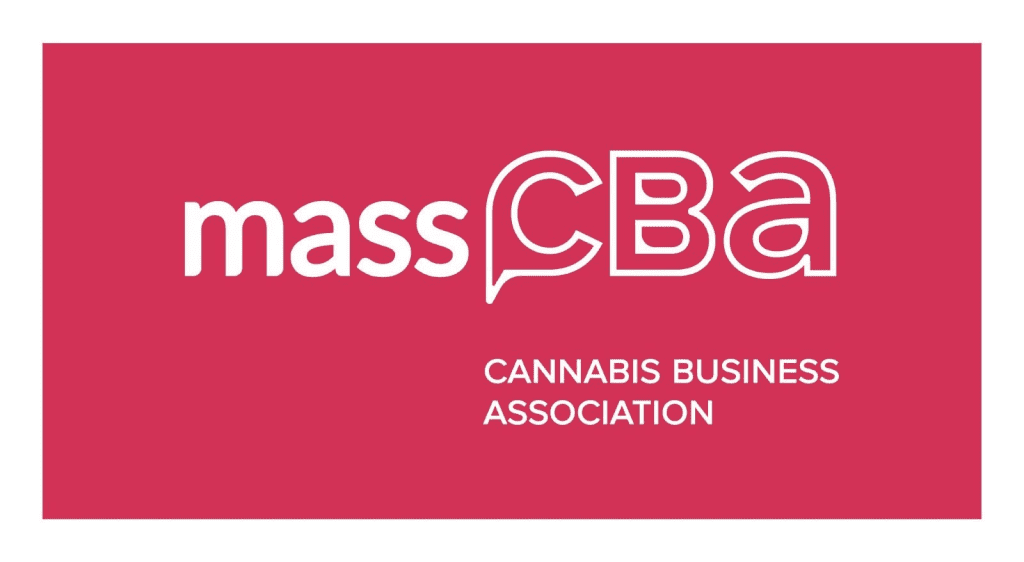
BOSTON – After weeks of reports that voter fraud is being routinely committed by the campaign seeking to make possession of marijuana a crime in Massachusetts, voters across the state are being reminded to contact their election clerks if they believe they signed petitions under deceptive measures.
Residents across the state have reported numerous instances of those gathering signatures for the Coalition for a Healthy Massachusetts lying to voters about the purpose of their signature gathering efforts.
Those who think they have been fraudulently led to sign these petitions should contact their Town Clerk immediately and request that they not certify their signature on Petitions 1D or 1E.
“Clerks do this every season, they know what to look for when it comes to questionable signatures. If you’re a voter who signed this petition under the impression you were signing for something else, please do not hesitate to contact your local clerk and speak with them,” said David O’Brien, President and CEO of the Massachusetts Cannabis Business Association.
City and Town Clerks across the Commonwealth are in the process of certifying signatures for multiple campaigns seeking to get on the 2026 ballot. Once certified at the local level, those signatures must be filed with the Secretary of State’s office by December 3.
The campaign, which refuses to call on these signature gatherers to stop their deceptive practices, reports that it collected the necessary signatures to move to the next step in the ballot question process.
Voters in Wilmington report being told that the ballot questions would prevent young people from being arrested for marijuana possession. The proposed ballot questions contain no language about protected young people from arrest.
“The fact that the campaign refuses to disavow these actions shows that they know they do not have the support to move forward without lying to voters. Clearly, they’re having trouble finding people who want to repeal our highly effective cannabis laws and kill our successful cannabis industry,” continued O’Brien.
According to online reports, voters in communities across the state have reported instances of bait and switch tactics and other forms of voter fraud from those collecting signatures for these two questions, including Burlington, Chicopee, Brockton, Longmeadow, and Westfield.
Boston Institute for Nonprofit Journalism co-founder Chris Faraone recently reported on fraudulent signature gathering tactics by the group outside of the Trader Joe’s in Hanover and the Walmart in Weymouth.
Unscrupulous signature contractors are known to use fake cover sheets for unrelated ballot petitions. Multiple voters in Waltham report being told they were signing petitions for “affordable housing” and “same day voter registration” with signature gatherers going so far as to set up a table with such fraudulent messaging. Other fraudulent messaging reported by the voters has included claims that the ballot question will strengthen fentanyl testing requirements for marijuana and expand buffer zones between dispensaries and schools.
The Secretary of State’s Office and the Massachusetts Office of the Attorney General have both reported being contacted by voters with concerns about the campaign’s widespread practice of attempting to deceive voters during this critical signature gathering stage.
In order to move forward, a petition must file 74,574 signatures with the Secretary of State’s Office by the December 3 deadline. No more than 18,643 may come from one county. If it meets this requirement, it will move to the Legislature for action. If no action is taken, it will need to collect 12,429 additional signatures beginning in the first week of May.
In 2016, Massachusetts residents voted in favor of a ballot question that decriminalized the possession, sale, use, and cultivation of cannabis. The latest initiative petitions would effectively repeal the current law and make marijuana illegal again.
Since recreational marijuana sales began in 2018, they have generated nearly $2 billion in revenue for Massachusetts through state and local taxes, providing much needed funding for a variety of programs across the state, including those related to public health, education, law and public safety, and municipal investments.
